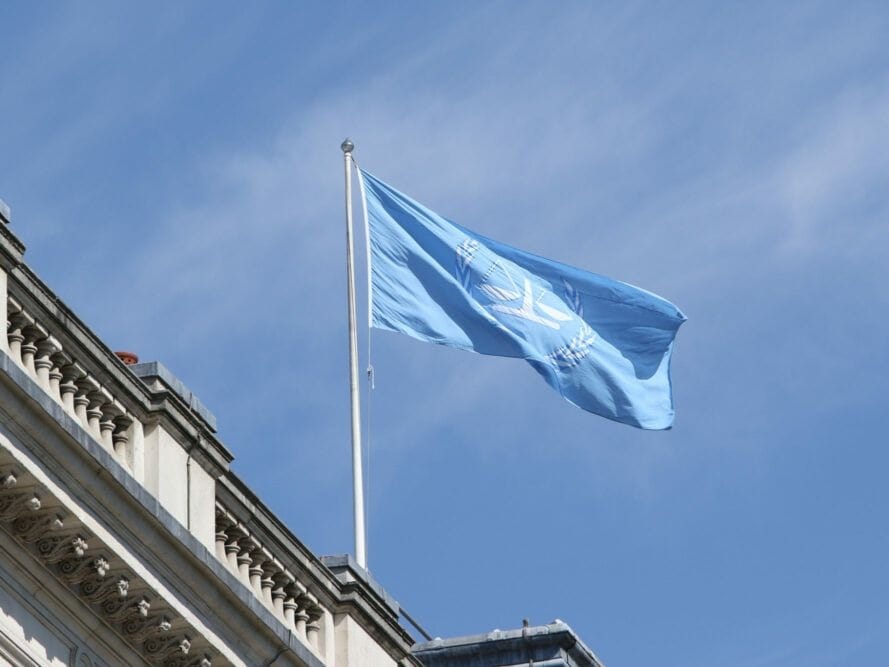The International Criminal Court lost two member nations but gained a new one in the past two years, while fending off snubs and threats from leaders with authoritarian agendas. Now, U.S. President Donald Trump's administration has threatened to block the court from investigating Americans.
These are turbulent times for the ICC, created 17 years ago as a court of "last resort" that would be authorized to step in only after nations had failed to prosecute individuals for the most serious crimes under international law — crimes against humanity, genocide, war crimes and aggression.








